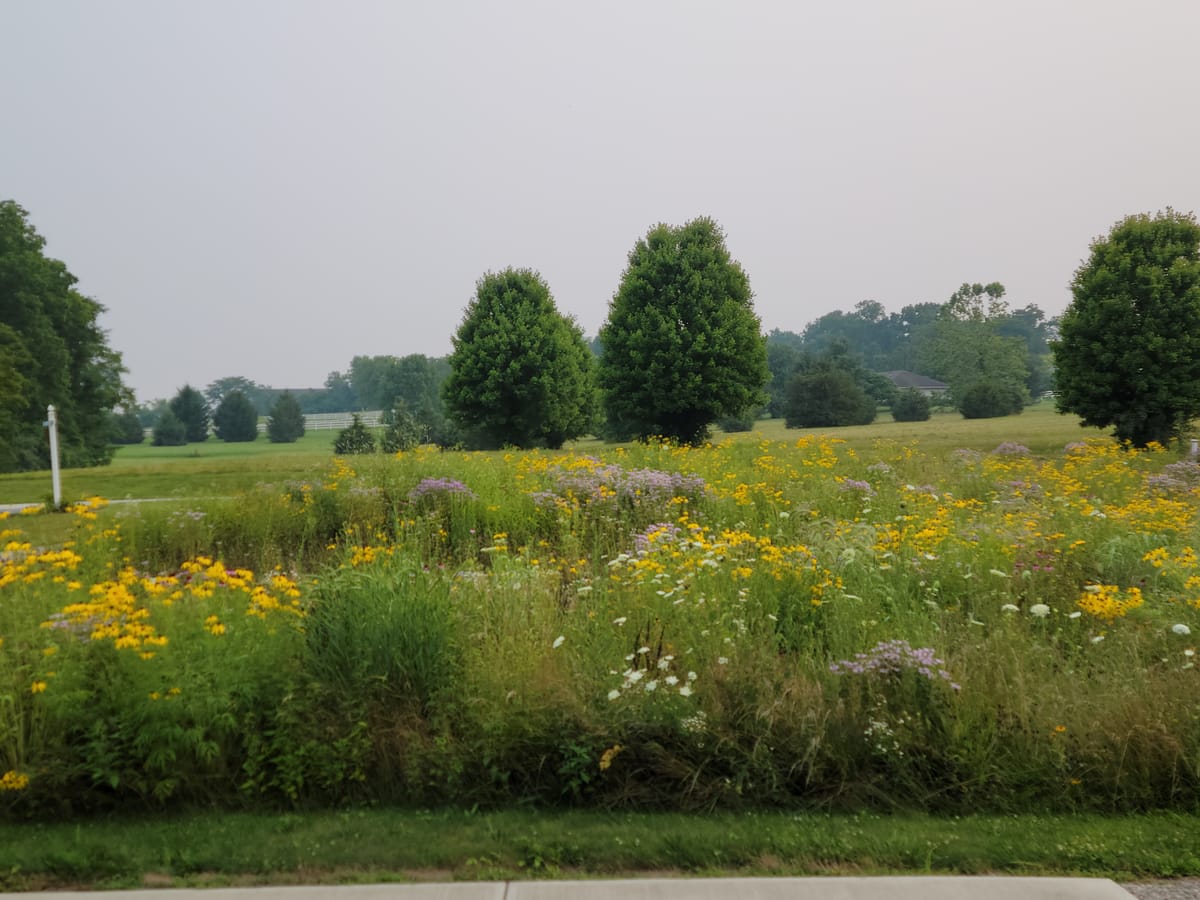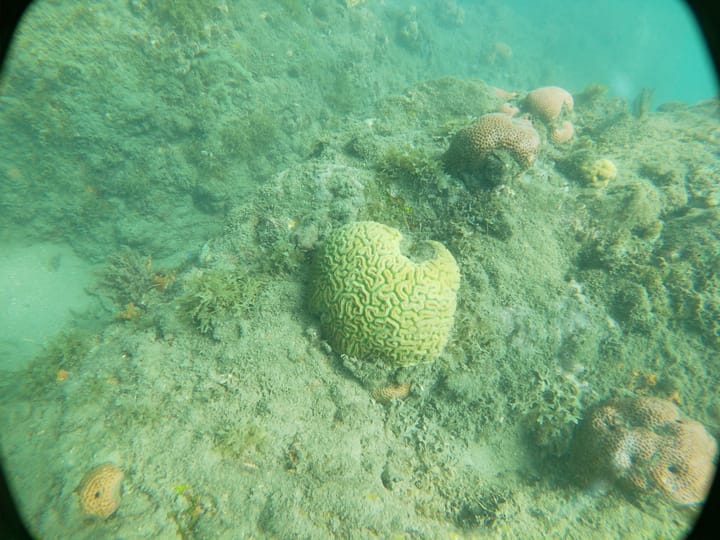Growing Oxford's biodiversity, one gardener at a time
Katie McNeil's garden serves a greater purpose than beauty.

For Katie McNeil, gardening is a way to increase biodiversity.
She is just one of many people in Oxford who are using their gardens in this way.
McNeil graduated from Miami University with a degree in botany, which fueled her lifelong passion and career as an interpretive naturalist and educator. When it comes to gardening, McNeil draws upon her knowledge to help her craft diverse spaces well-suited to Oxford’s native environment.
“I’ve been evolving gardens to plant more native plants and to be a better source for the pollinators and to attract lots of insects and birds,” she said.
This concept, known as a pollinator garden, or a native garden, is designed to attract different types of pollinators including moths, butterflies and bees.
McNeil is an active member in the Des Fleurs Garden Club, in which members focus on beautification and public work projects. She’s also a member of Wild Ones, where members host seed exchanges and workshops surrounding biodiversity.
She currently tends to over 20 gardens at the White Garden Inn on Brown Road, which has a registered Monarch WayStation. WayStations are designed to encourage the creation of designated habitats for butterflies to sustain their migration.
McNeil also participated in a Monarch Watch program by tagging butterflies on the backs of their wings using a toothpick. When the monarchs migrate to Mexico for the winter, researchers are able to identify these tags for their studies.
Even McNeil’s grandchildren like to get involved with the gardening process, she said, helping her to find and raise caterpillars for the process.
“Well, they don’t help me weed,” McNeil said. “They dig for worms and they find caterpillars and they make their fairy gardens.”
Overall, McNeil said observation is an important aspect of her teaching.
“We need to be more observant of our natural world. So getting into pollinator gardens is something that helps you do that,” she said.
Deidra Jacobsen, an assistant professor in biological sciences at Miami, explained there are some misconceptions when it comes to starting a pollinator garden, including that someone must have a garden with bright, showy flowers. Instead, these flowers are not always useful resources for pollinators.
“Lots of these ornamentals don’t actually have usable nectar or pollen,” Jacobsen said, adding mums are an example of a flower that are pretty to humans but aren’t beneficial for pollinators in the Oxford area.
According to Jacobsen, pollinator gardens should support pollinators in all stages of life, not just at the adult stage.
“When people picture pollinator gardens, they’re mostly picturing the adult, the butterflies, the bees that are coming, but it’s equally important to have resources that are supporting the larva and the younger life stages,” Jacobsen said.
Common gardening practices in the fall season, like trimming dead stems, raking and mulching leaves, can be harmful to a pollinator’s environment in the winter.
“Leaving a lot of those leaves there so that pollinators can nest in those resources is really important,” Jacobsen said. “It might make your garden look a little bit messier with the dead stems and leaves, but that’s really where it’s a good habitat for those pollinators over winter.”
There are many different resources, local and national, which promote planting native seeds.
A seed library is available at the Hamilton, Fairfield and Oxford Lane libraries, where anyone may borrow or donate seeds.
The Xerces Society is a national resource that curates region-specific native seed mixes which help promote plant diversity.




